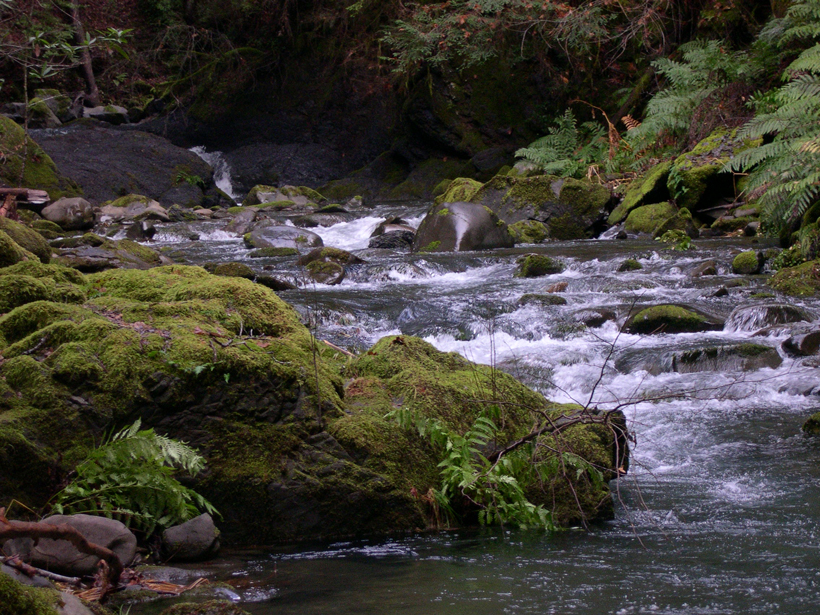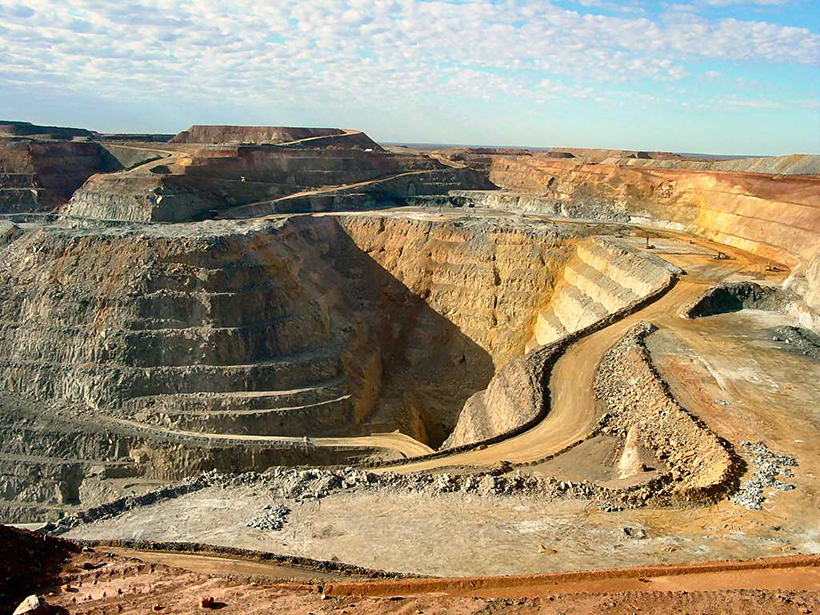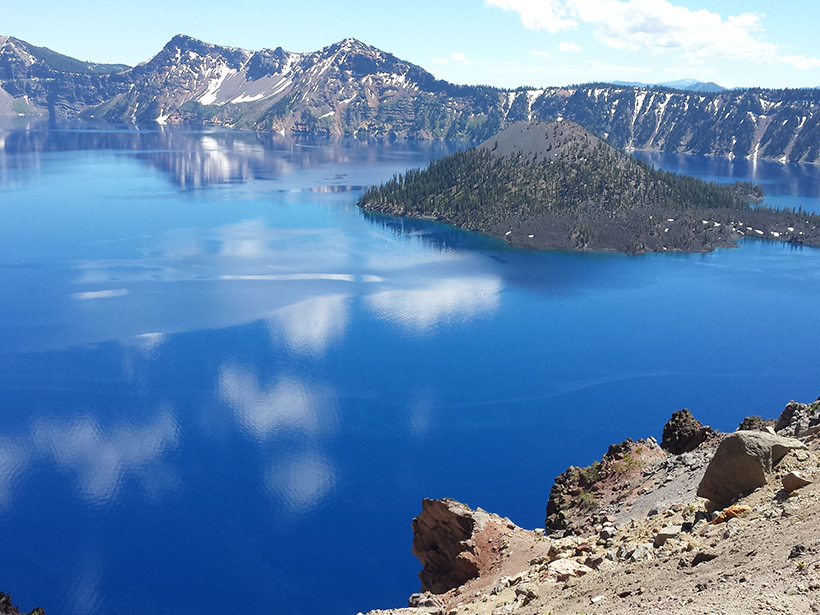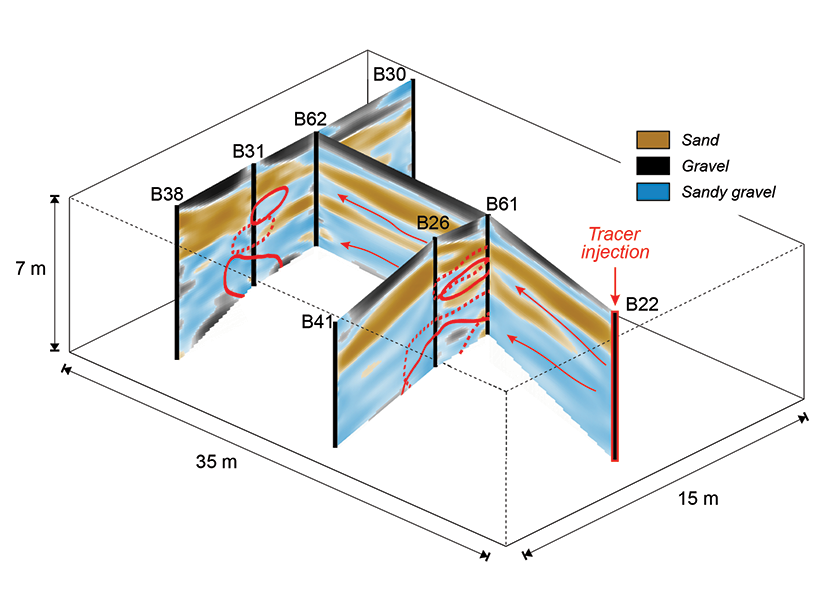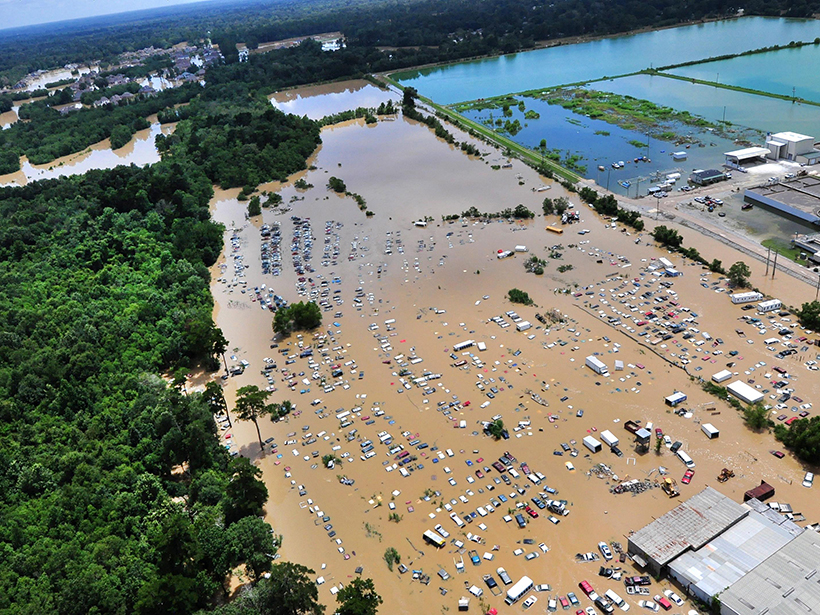A debate series in Water Resources Research examines the gap between research and practice in the application of stochastic concepts for describing subsurface heterogeneity.
Water Resources Research
Lab Tests Probe the Secrets of Steep and Rocky Mountain Streams
Researchers built a glass-encased test environment that helps them assess streamflow without the confounding factors introduced by bed forms.
Incoming Editor Seeks Interdisciplinary, Collaborative Research
Martyn Clark, incoming editor in chief for Water Resources Research, foresees interdisciplinary and collaborative hydrology research, increased article impact, and an improved article review process.
Global Drought Clustering Could Mean Big Losses for Mining
Long-term climate records could help mining companies and their investors assess the financial risk of water shortages.
Water Quality Database Offers New Tools to Study Aquatic Systems
Researchers assess the federal Water Quality Portal, a Web portal that unites disparate water quality data sets and resources.
When Income Goes Up, Does Pollution Go Down?
Scientists look at a possible connection between increased wealth and decreased water pollution in Louisiana.
New Ground-Penetrating Radar Method Shows Promise in Aquifer
Recent advances in ground-penetrating radar data analysis could help reveal aquifer structure in unprecedented detail.
Boulders Limit Transport of Sand and Gravel in Steep Rivers
Mountain rivers and streams actively reshape landscapes by eroding material from uplands and depositing it in lowlands. Scientists can now predict this transport in very steep streams.
Modeling Rainfall Runoff
New framework unifies existing models for better analysis of the flowing water produced by heavy rain events.
Water Challenges of Megacities
After attending a groundwater conference this summer in Shenzhen, China, Water Resources Research editor Jean Bahr reports back and summarizes the water management challenges posed by large cities.


